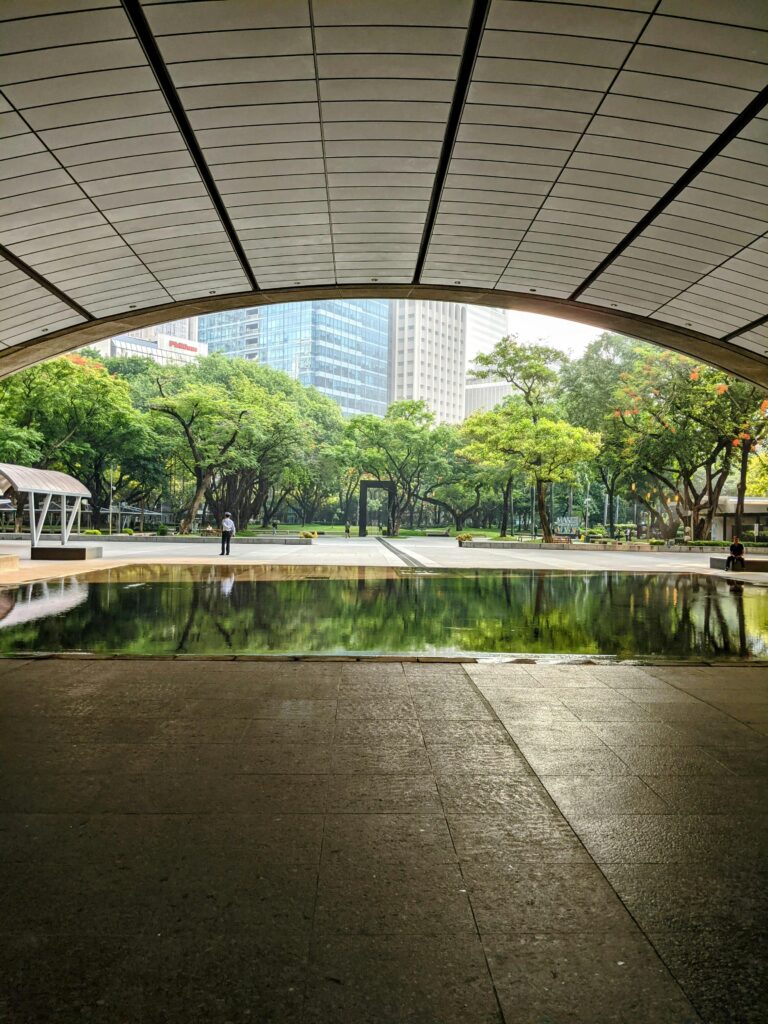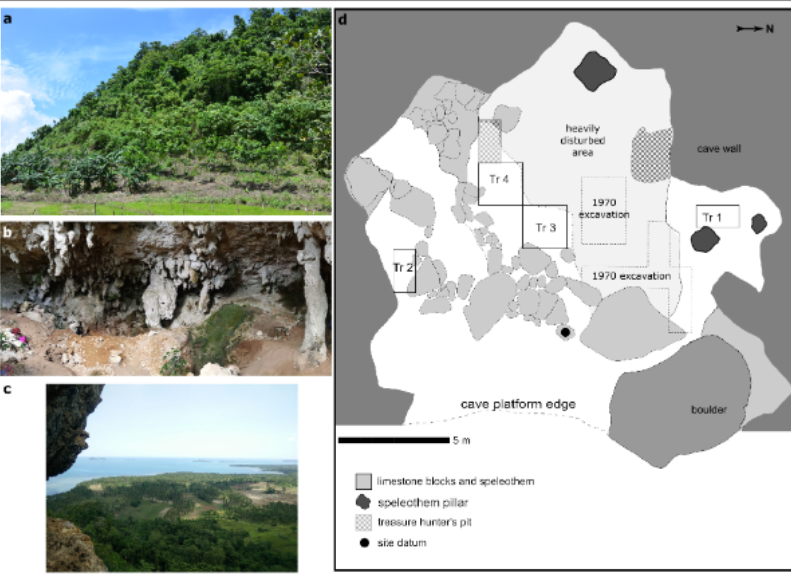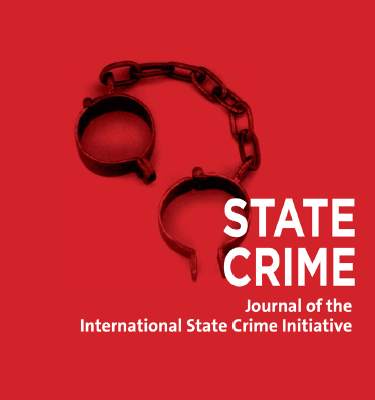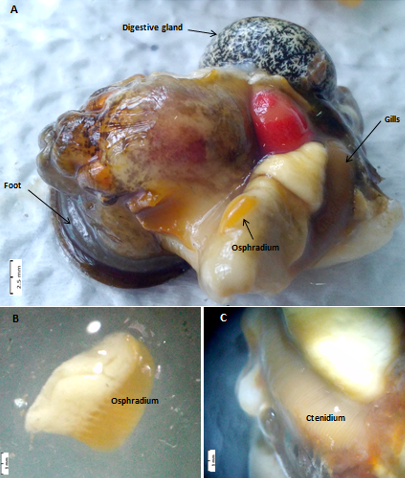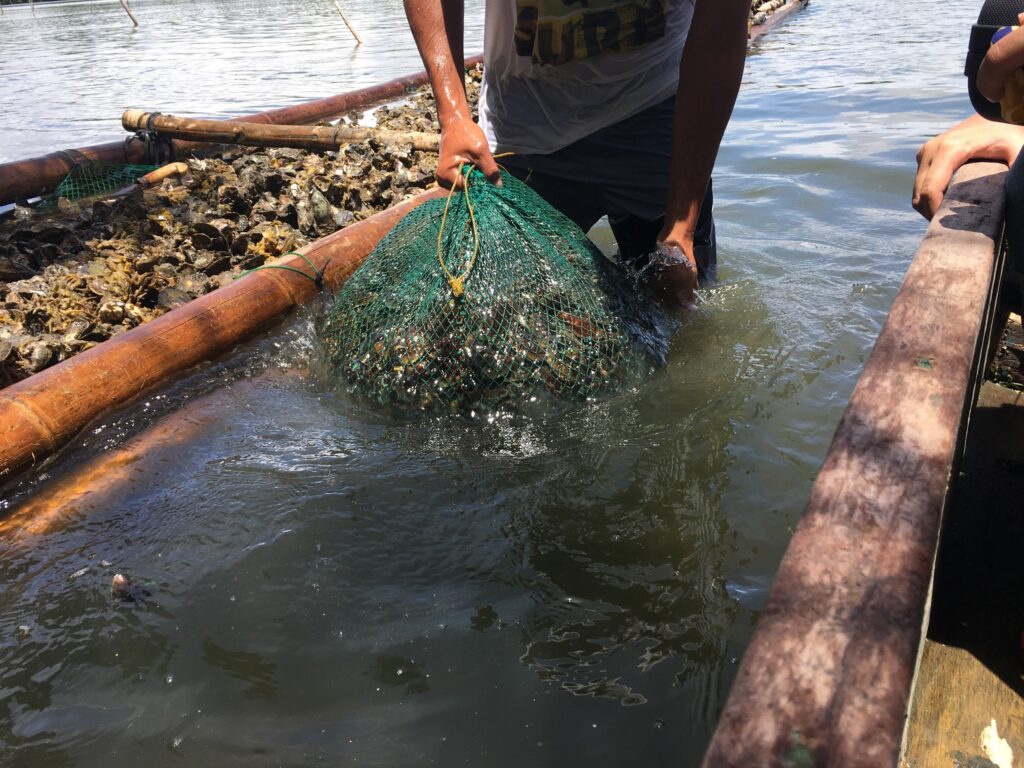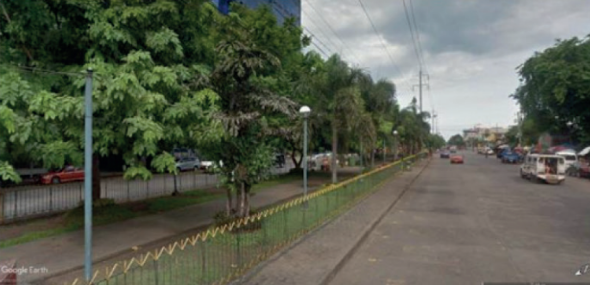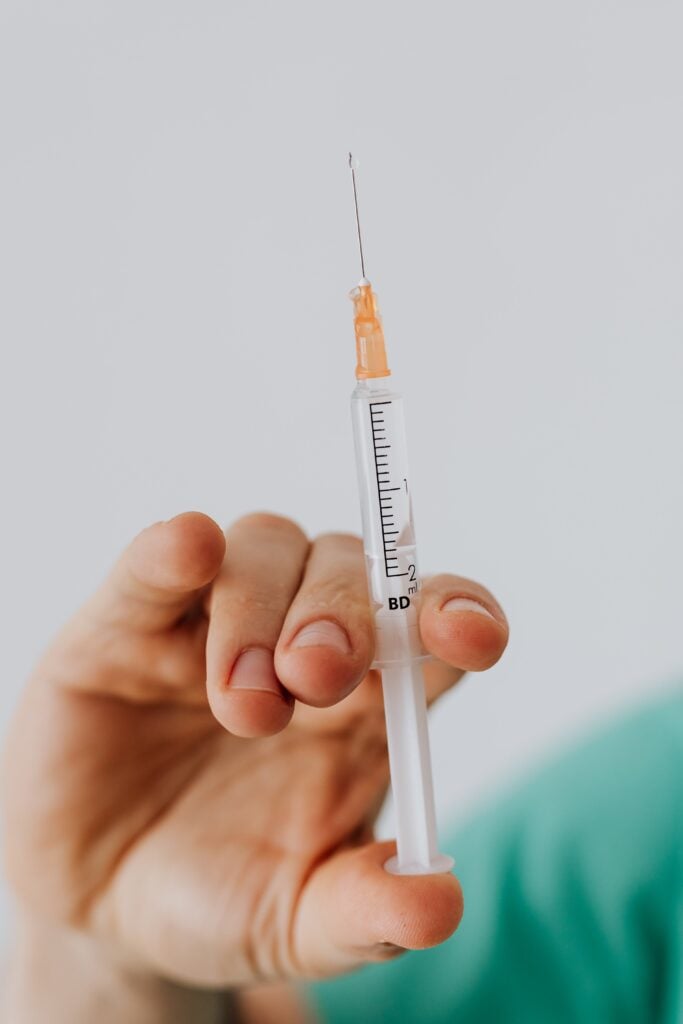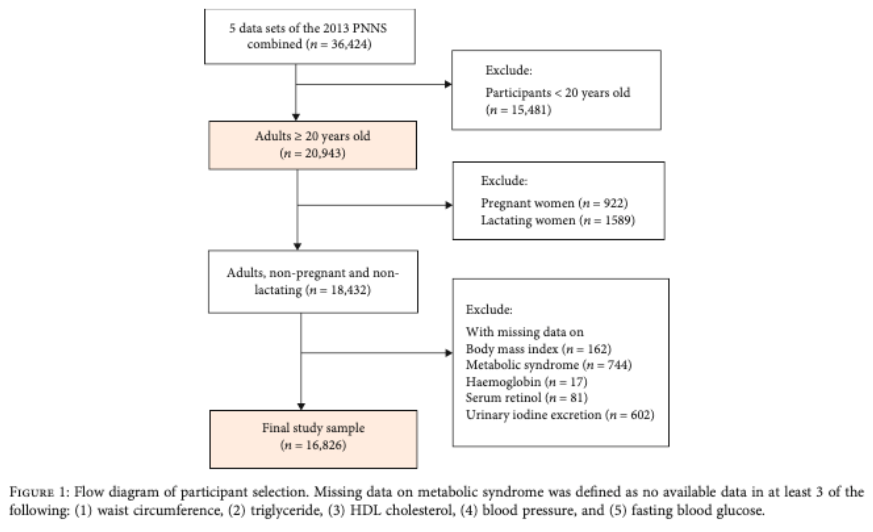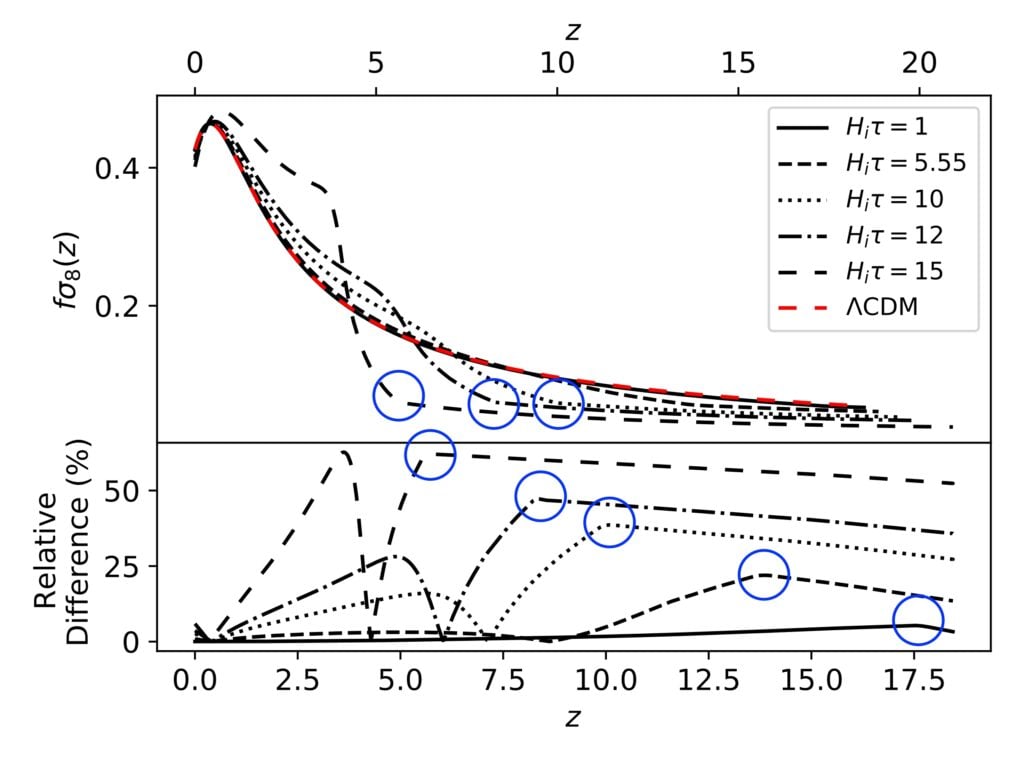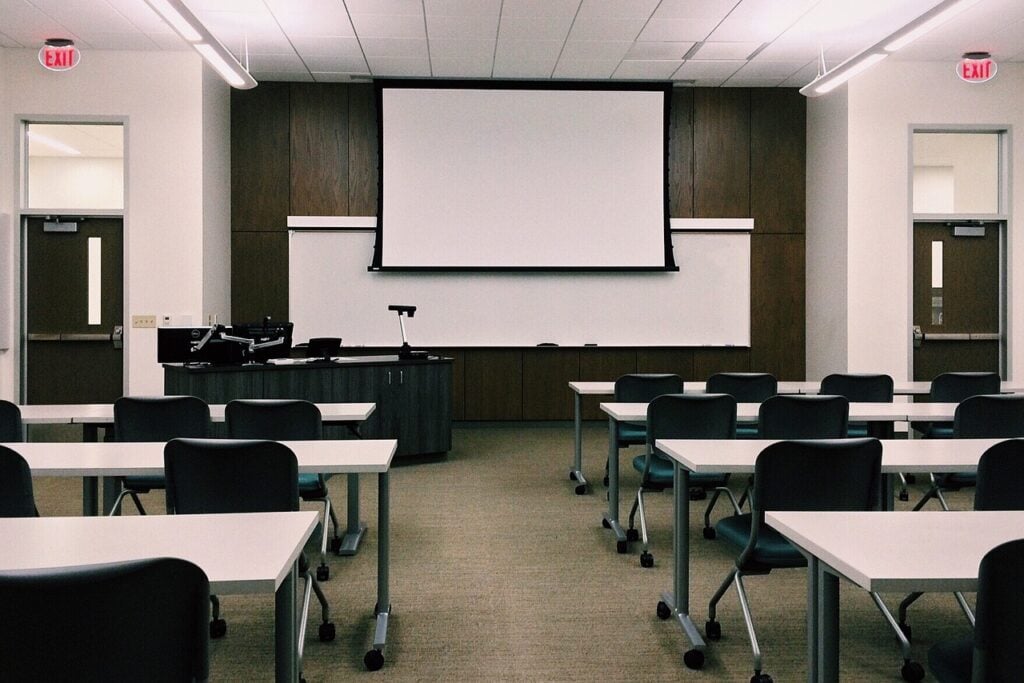Research
As the national university, we champion and support innovative research that addresses the country’s most pressing challenges.
01 Mar 2024
The economic dynamism indices of cities and municipalities in metropolitan areas are spatially correlated, which suggests “complementation” rather than competition
The measurement of cities and municipalities competitiveness in the Philippines has been put in place by the Department of Trade...
Read More29 Feb 2024
New research confirms the Philippines’ Last Glacial Maximum antiquity at 20,000 to 25,000 years ago based on oldest fossil remains which include the iconic tiger
Across the last 20,000 years, human societies adapted to significant climate and environmental change. One key region for investigating these...
Read More22 Feb 2024
State suppression of human rights activism and civil society restrictions will hinder Indigenous languages from being “preserved, revitalized and promoted”
In 2019, the United Nations announced its intention to hold an International Decade of Indigenous Languages starting in 2022, in...
Read More20 Feb 2024
Study describes the expansion of three types of universe and the likelihood of having advanced civilizations among us
In this study, we investigate how life can spread from one planet to another in a simplified universe where planets...
Read More15 Feb 2024
Wild sunflower, an invasive weed, can serve as a natural pesticide against the golden apple snail
This article focuses on investigating the molluscicidal properties of an invasive weed, Tithonia diversifolia (wild sunflower) against Pomacea canaliculata (golden kuhol) which has been considered...
Read More13 Feb 2024
Oysters and mussels may contain high loads of bacteria by the time they reach consumers which makes them unsafe for raw consumption
Oysters and mussels are widely cultured shellfishes in the Philippines mostly intended for local consumption. After harvesting, they are transported...
Read More12 Feb 2024
Davao City’s dual thoroughfares have good landform, light and color, and vegetation, and are relatively peaceful according to quantitative study
This study sought to assess the visual quality of dual thoroughfare streetscapes in Davao City, specifically identifying existing visual components...
Read More08 Feb 2024
Vaccination significantly reduces the chances of getting long-COVID and, in some cases, improves existing long-COVID symptoms
The emergence of COVID-19 brought about a global health crisis of unprecedented proportions. As vaccination campaigns were rolled out, researchers...
Read More07 Feb 2024
Higher education, marriage and abstaining from smoking lower risk of undernutrition whereas being female increases likelihood of overnutrition
Malnutrition in multiple forms is a public health crisis in many countries. The different forms of malnutrition affects numerous countries...
Read More06 Feb 2024
Researchers modify the Friedmann equation and predict unique signs for the current era of the universe for the first time
Moments near the Big Bang, the universe underwent rapid and accelerated expansion called inflation. Any two objects that were 1...
Read More05 Feb 2024
Before intervening in SOGIE-based harassment, bystanders consider the type of harassment, risks to their safety and victim’s need for help
In the Philippines, there have been rising incidences of harassment directed at Filipinos who identify as lesbian, gay, bisexual, trans,...
Read More02 Feb 2024
Filipino students value competence the most in business leaders whereas Finnish students prefer friendliness
This article sets out to examine cultural differences in perceiving leaders’ visual and non-verbal behavior. It examines and compares how...
Read More
